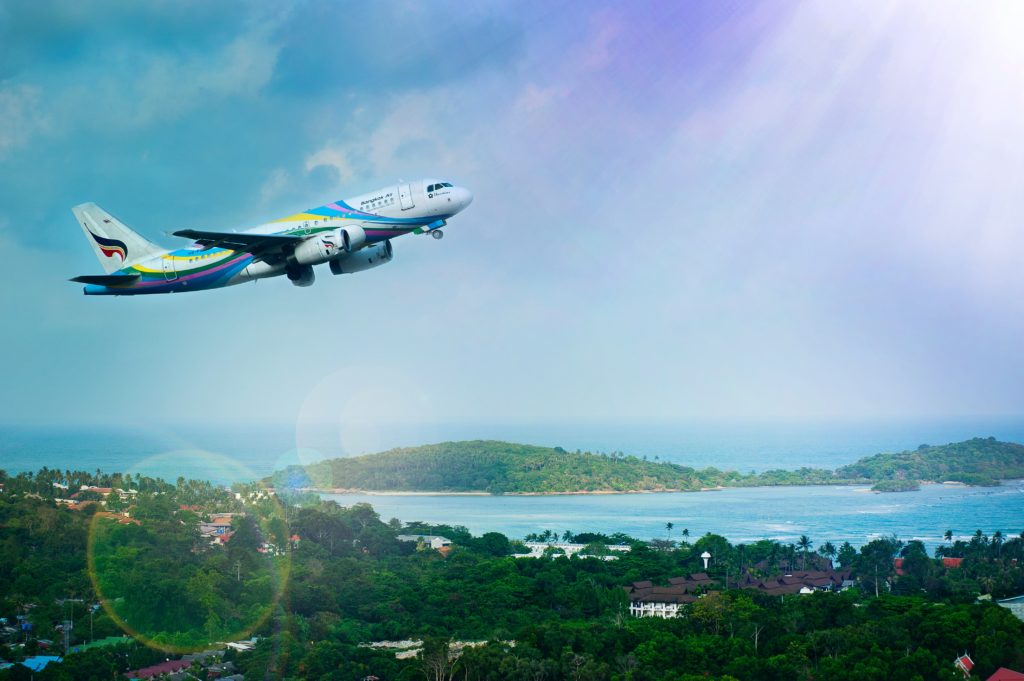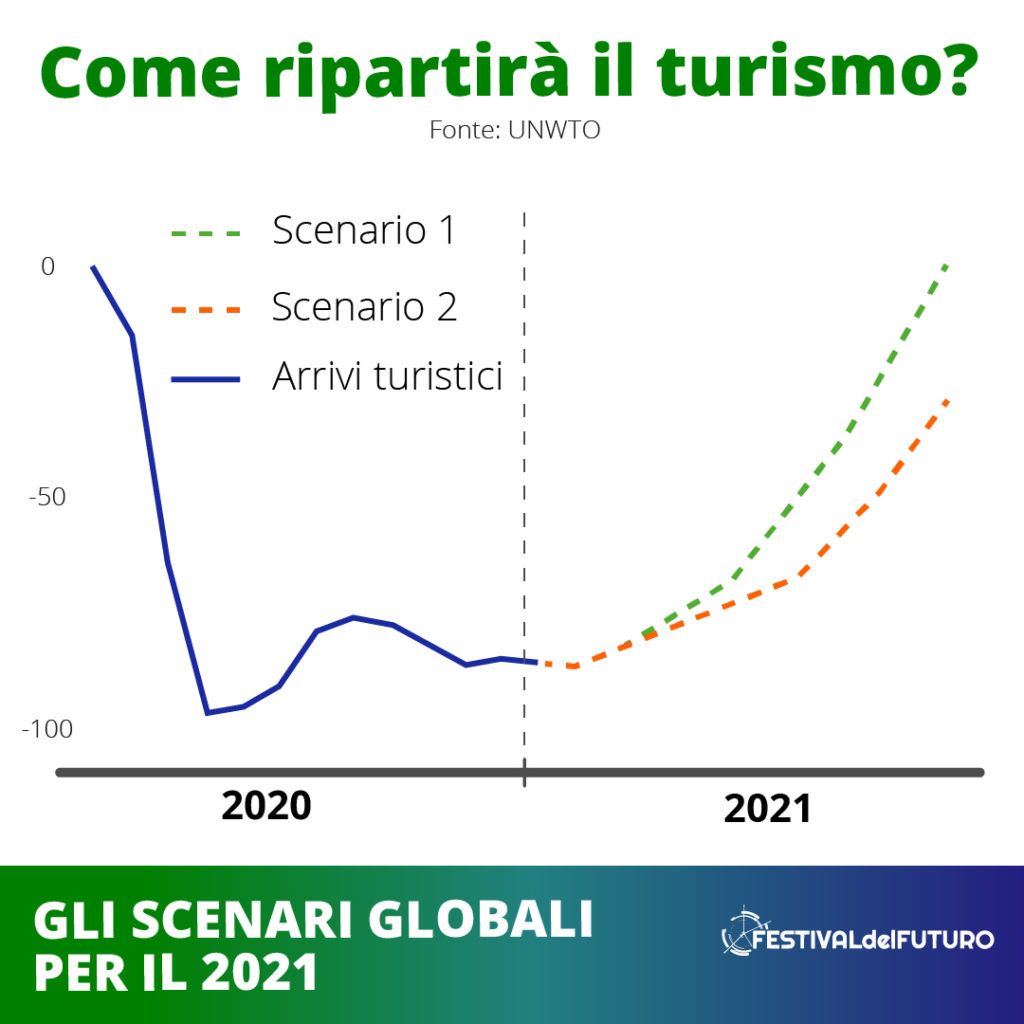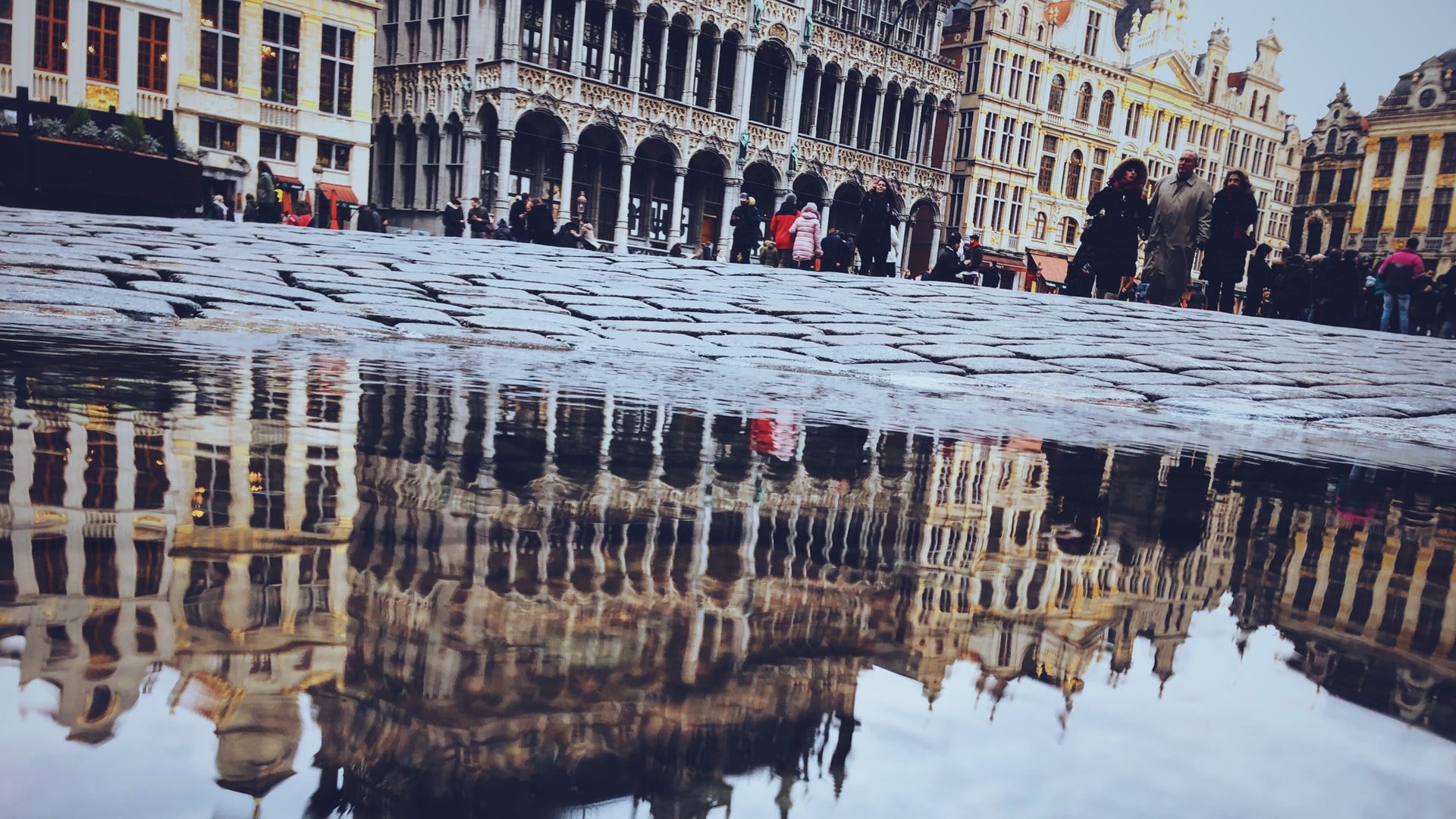
How can an industry restart that has suffered a global bleeding from 1.3 trillion dollars? Now that Italy begins a slow restart, with the first reopenings, even the tourism is called upon to implement a transition towards a new development model. According to data from the World Tourism Organization (Unwto), led by Alessandra Priante, the economic collapse that ended up on the shoulders of the entire sector last year amounts to "more than 11 times the loss recorded during the global economic crisis of 2009". While in Italy the countryside vaccinal - over 14 million doses administered - and the debate on tourism international faces the challenge (or utopia?) of islands covid free, what are the possible scenarios? And, experts ask, is there another way to avoid repeating the mistakes of the past? In other words, how will tourism change in the future?
Tourism: what will summer bring?
THE most up-to-date data ofWorld Tourism Organization suggest two hypothetical scenarios for 2021. In both, the summer should lead to an international rebound: the first places it in July, when there could be an increase of 66% in international arrivals (arrivals that would still be 55% below the levels of 2019); the second shifts the rebound to instead September, with a 22% increase in arrivals compared to last year (67% below 2019 levels).

The industry of the century
"The push to restart the economy as if nothing had happened is very strong," he warns on El País Marco D'Eramo, journalist and essayist author de The selfie of the world, convinced that tourism represents theindustry of the century. “Now covid-19 has shown us how essential this industry, usually treated with disdain, is. We underestimate it because we confuse tourism with tourists, and tourists are hard to take seriously: they seem funny to us, literally out of place. We always treat them with disdain and blame them for the damage caused by tourism: as if we blame the workers for the poisoning caused by the factories. But we are all tourists who despise other tourists ».
If the ecological transition it will really guide the choice of governments, the crux of the so-called will also have to be addressed carbon footprint of the tourism. According to one University of Sydney study this sector would indeed responsible for global emissions 8%. To reduce this quota there are many measures: recently, in France, a law was approved at first reading that would block the flights interior facing rail alternatives that include at least 2 and a half hours of train travel. All this is a result welcomed with satisfaction by the no flight movement, which has grown in recent years also thanks to the activism of Greta Thunberg. Still on this theme, Lonely Planet collected some ideas on how tourism should convert to a new model of sustainability and of inclusion.






